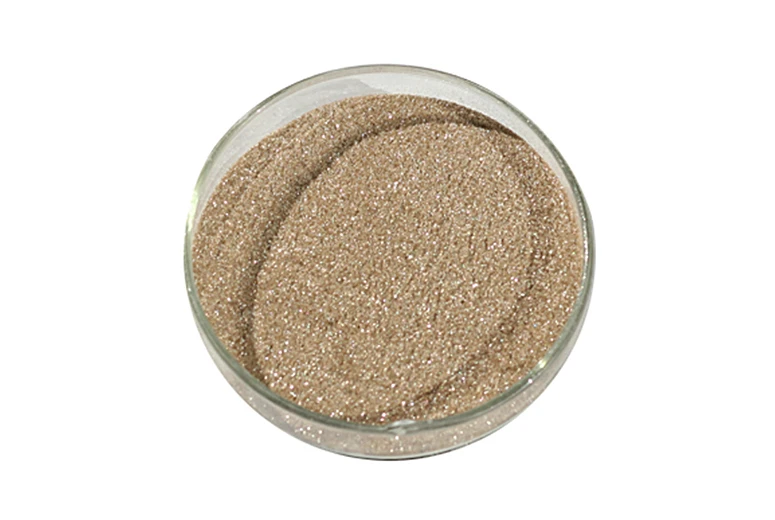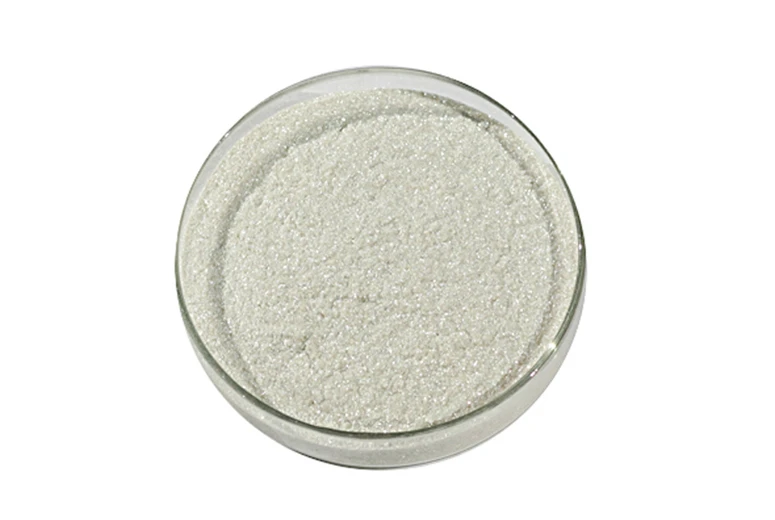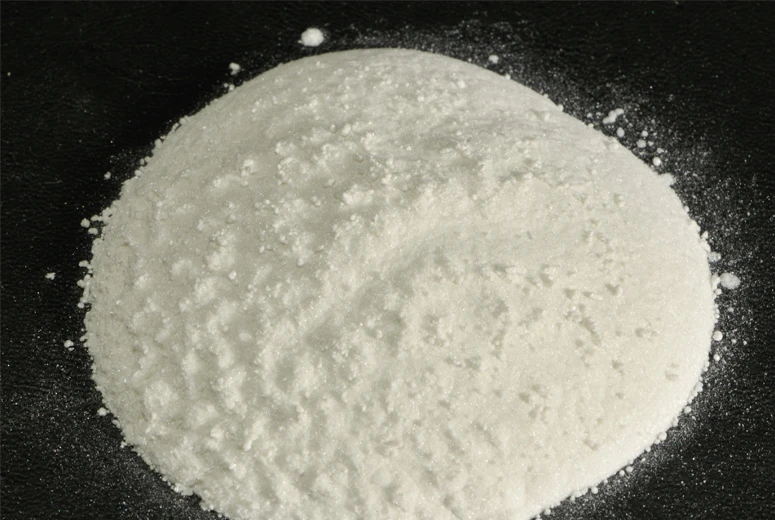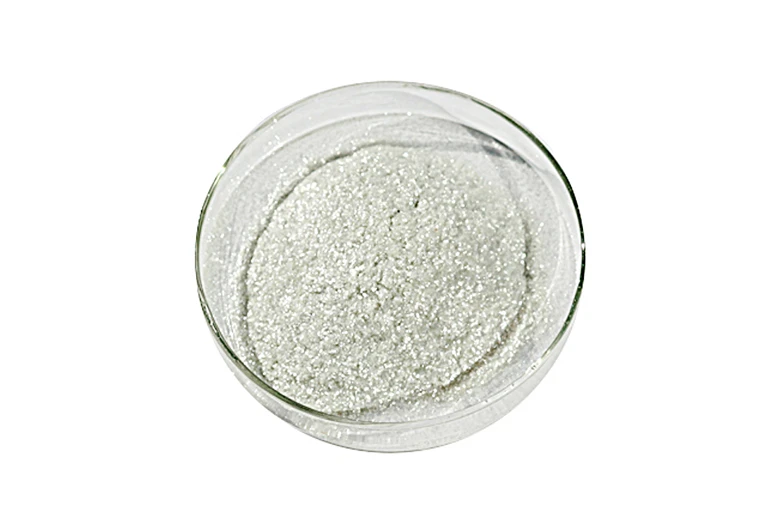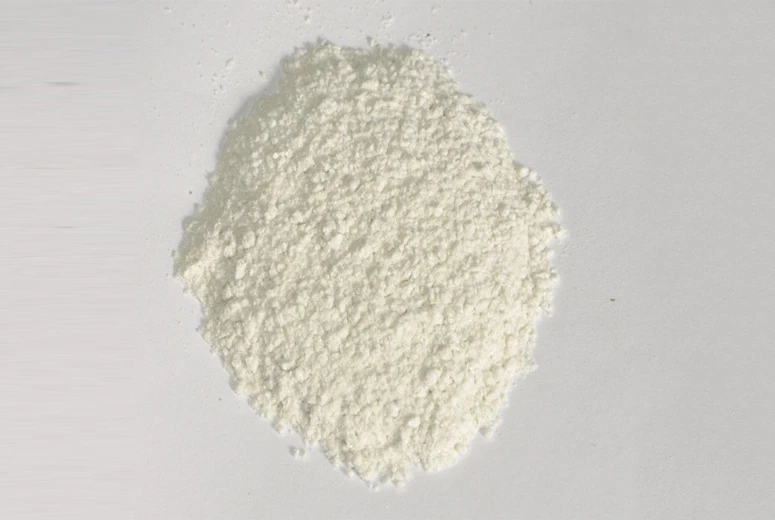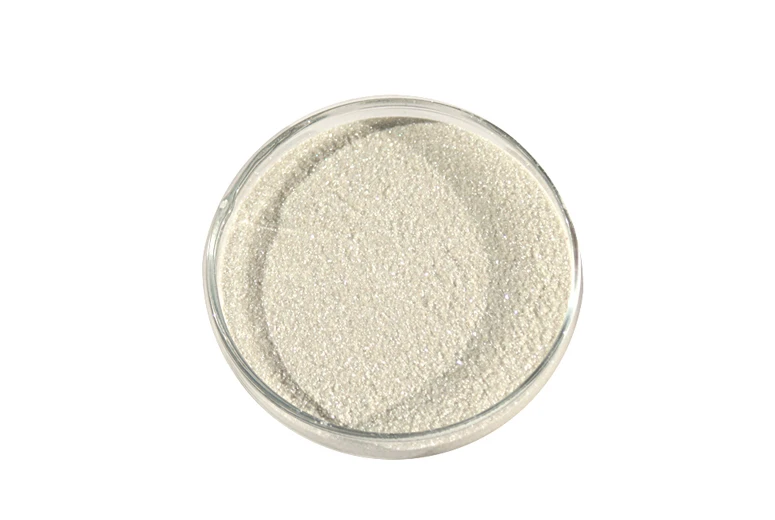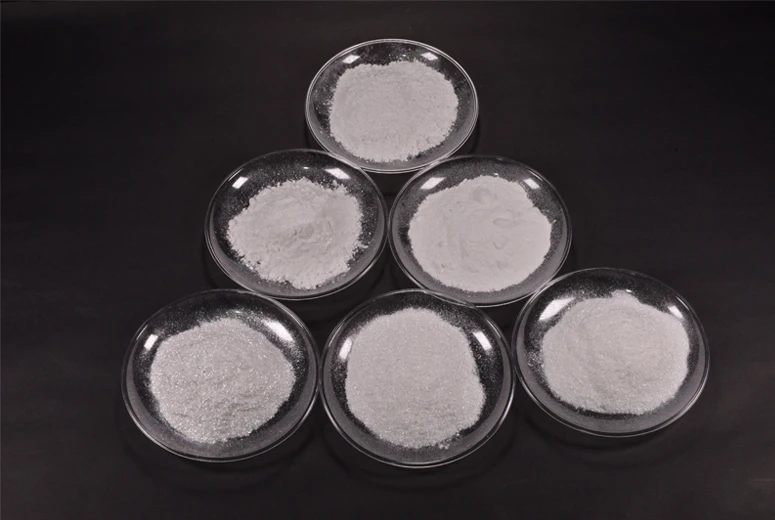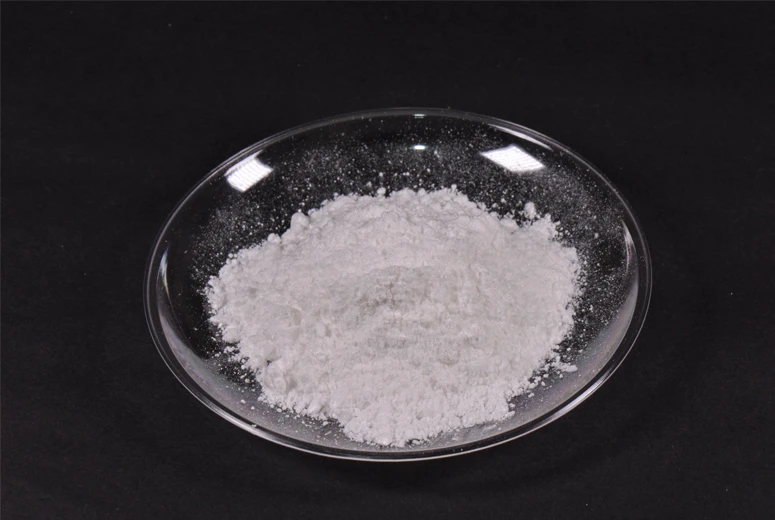
- Afrikaans
- Albanian
- Amharic
- Arabic
- Armenian
- Azerbaijani
- Basque
- Belarusian
- Bengali
- Bosnian
- Bulgarian
- Catalan
- Cebuano
- Corsican
- Croatian
- Czech
- Danish
- Dutch
- English
- Esperanto
- Estonian
- Finnish
- French
- Frisian
- Galician
- Georgian
- German
- Greek
- Gujarati
- haitian_creole
- hausa
- hawaiian
- Hebrew
- Hindi
- Miao
- Hungarian
- Icelandic
- igbo
- Indonesian
- irish
- Italian
- Japanese
- Javanese
- Kannada
- kazakh
- Khmer
- Rwandese
- Korean
- Kurdish
- Kyrgyz
- Lao
- Latin
- Latvian
- Lithuanian
- Luxembourgish
- Macedonian
- Malgashi
- Malay
- Malayalam
- Maltese
- Maori
- Marathi
- Mongolian
- Myanmar
- Nepali
- Norwegian
- Norwegian
- Occitan
- Pashto
- Persian
- Polish
- Portuguese
- Punjabi
- Romanian
- Russian
- Samoan
- scottish-gaelic
- Serbian
- Sesotho
- Shona
- Sindhi
- Sinhala
- Slovak
- Slovenian
- Somali
- Spanish
- Sundanese
- Swahili
- Swedish
- Tagalog
- Tajik
- Tamil
- Tatar
- Telugu
- Thai
- Turkish
- Turkmen
- Ukrainian
- Urdu
- Uighur
- Uzbek
- Vietnamese
- Welsh
- Bantu
- Yiddish
- Yoruba
- Zulu

Premium Mica Dust: Organic, Edible & Versatile Pigments
Unlocking the Potential of Mica Dust: A Comprehensive Guide to 40-D Mica Powder
In the vast landscape of industrial minerals, mica dust stands out as a material of exceptional versatility and performance. Known for its unique lamellar (plate-like) structure and inert chemical properties, mica finds its way into an astonishing array of applications, from enhancing the durability of coatings to adding pearlescent shimmer in cosmetics. This comprehensive guide delves into the world of **mica dust**, focusing on HJMica's premium 40-D Mica Powder, exploring its industry significance, technical intricacies, diverse applications, and the competitive advantages it offers.
Industry Trends and the Evolving Role of Mica Dust
The global market for mica dust is experiencing robust growth, driven by increasing demand across various sectors. According to a report by Grand View Research, the global mica market size was valued at USD 568.1 million in 2022 and is projected to grow at a compound annual growth rate (CAGR) of 3.8% from 2023 to 2030, reaching USD 775.4 million by 2030. This growth is primarily fueled by the expanding paints & coatings, electronics, and construction industries. Key trends include:
- Sustainability Focus: A rising demand for ethically sourced and environmentally friendly mica products, particularly for applications like **organic mica powder** in the beauty industry.
- Advanced Formulations: Increasing integration of mica dust in high-performance composites and specialized coatings for enhanced properties like UV resistance, fire retardancy, and barrier protection.
- Cosmetics and Personal Care: The burgeoning demand for natural and mineral-based makeup, driving the market for high-purity, safe **edible mica powder** variants for food-grade colorants and cosmetic applications.
- Epoxy Resin Applications: The growing popularity of **mica powder epoxy resin** for decorative flooring, countertops, and artistic endeavors, leveraging mica's aesthetic and structural benefits.
- Electronics Miniaturization: Mica's excellent dielectric properties make it crucial for insulation in smaller, more powerful electronic components.
These trends highlight the critical role of high-quality **mica dust** and the need for suppliers who can meet stringent technical specifications and ethical sourcing standards.
Introducing 40-D Mica Powder: Product Specifications and Technical Parameters
HJMica's 40-D Mica Powder, available at https://www.hjmica.com/40-d-mica-powder.html, is a prime example of high-performance engineered mica. This product is meticulously processed to achieve optimal particle size distribution and purity, ensuring superior performance across diverse applications. Its unique properties are derived from its mineralogical composition, primarily Muscovite mica, known for its excellent thermal stability, chemical inertness, and dielectric strength.
Key Technical Parameters of 40-D Mica Powder
Understanding the precise specifications of **mica dust** is crucial for its effective application. Here’s a detailed look at the parameters for 40-D Mica Powder:
| Parameter | Typical Value (40-D Mica Powder) | Testing Standard | Significance for Application |
|---|---|---|---|
| Particle Size (D50) | 40-50 microns | Laser Diffraction (ISO 13320) | Influences film thickness, smoothness, opacity, and pearlescent effect. Smaller particles offer better suspension and barrier properties. |
| Whiteness (L*) | >85 | Colorimeter (ASTM E313) | Indicates purity and suitability for light-colored applications, especially in cosmetics and paints where color integrity is vital. |
| Specific Gravity | 2.8 - 2.9 g/cm³ | ASTM D792 | Determines bulk density and formulation weight; impacts settling characteristics in liquids. |
| Oil Absorption | 40-50 g/100g | ASTM D281 | Affects rheology, pigment dispersion, and binder demand in coatings and plastics. Lower values suggest higher filling capacity. |
| pH Value | 7.0 - 8.5 | ISO 787-9 | Ensures compatibility with various formulations (e.g., water-based or solvent-based systems). Neutral pH is desirable for stability. |
| Moisture Content | <0.5% | ISO 787-2 | Low moisture prevents agglomeration and ensures consistent performance in moisture-sensitive applications. |
| Aspect Ratio | >30:1 (High) | Microscopic Analysis | High aspect ratio enhances barrier properties, reinforcement, and anti-cracking resistance in films and composites. |
| Loss on Ignition (LOI) | <1.0% (at 900°C) | ASTM D7348 | Indicates inorganic purity and thermal stability; lower LOI means fewer volatile impurities. |
| SiO₂ Content | 45-50% | X-ray Fluorescence (XRF) | Primary component of muscovite mica, contributing to its hardness and inertness. |
The Manufacturing Journey: Crafting Premium Mica Dust
The quality of **mica dust** is fundamentally linked to its manufacturing process. HJMica employs advanced techniques to ensure the integrity of the mica's lamellar structure, which is crucial for its performance characteristics. Unlike casting or forging, mica processing involves meticulous grinding and classification to preserve its natural flake-like shape. Here's a simplified, yet comprehensive, overview of the **mica dust** manufacturing process for products like 40-D Mica Powder:
Step 1: Raw Material Sourcing & Pre-processing
High-grade muscovite mica ore is carefully selected. Large chunks are initially crushed to smaller, manageable sizes, and initial impurities like quartz or feldspar are removed manually or through basic beneficiation.
Step 2: Dry Grinding (Micronization)
The pre-processed mica undergoes dry grinding in specialized mills (e.g., hammer mills, roller mills). This process reduces the particle size while aiming to maintain the flake integrity. Precise control of milling parameters is critical to prevent excessive fracturing and maintain a high aspect ratio.
Step 3: Wet Grinding (Optional, for higher purity/lamellarity)
For certain grades, especially those used in cosmetics (**edible mica powder**) or high-end paints, wet grinding is employed. This process involves grinding mica in a slurry, which typically results in finer particles with smoother surfaces and higher aspect ratios, enhancing pearlescence and barrier properties. This method also aids in more effective washing and purification.
Step 4: Classification & Sieving
After grinding, the **mica dust** slurry or dry powder is fed into classification systems (e.g., air classifiers, vibratory sieves) to precisely separate particles based on size. This ensures a consistent particle size distribution, meeting the specific D50 and top-cut requirements of products like 40-D Mica Powder.
Step 5: Washing & Purification (Crucial for Food/Cosmetic Grade)
Especially for **organic mica powder** and **edible mica powder**, extensive washing cycles remove soluble salts, heavy metals, and other undesirable impurities. pH adjustment might also be performed. This step is vital for meeting stringent industry standards like FDA and REACH.
Step 6: Drying & De-agglomeration
The purified mica slurry is then dried using methods like spray drying or flash drying to achieve the desired moisture content (<0.5%). Subsequent de-agglomeration ensures that the individual mica flakes are separated and flow freely, preventing clumping.
Step 7: Surface Treatment (Optional)
Depending on the application, **mica dust** can be surface-treated (e.g., silane coupling agents, titanium dioxide coating) to improve compatibility with polymers, enhance hydrophobicity, or create pearlescent effects. This step is particularly important for specialized applications like **mica powder epoxy resin** formulations or high-performance coatings.
Step 8: Quality Control & Packaging
Throughout the entire process, rigorous quality control checks are performed. This includes particle size analysis, whiteness measurements, chemical analysis (XRF), and various application-specific tests. Once validated, the finished 40-D Mica Powder is carefully packaged in moisture-proof bags or container111s, ready for dispatch.
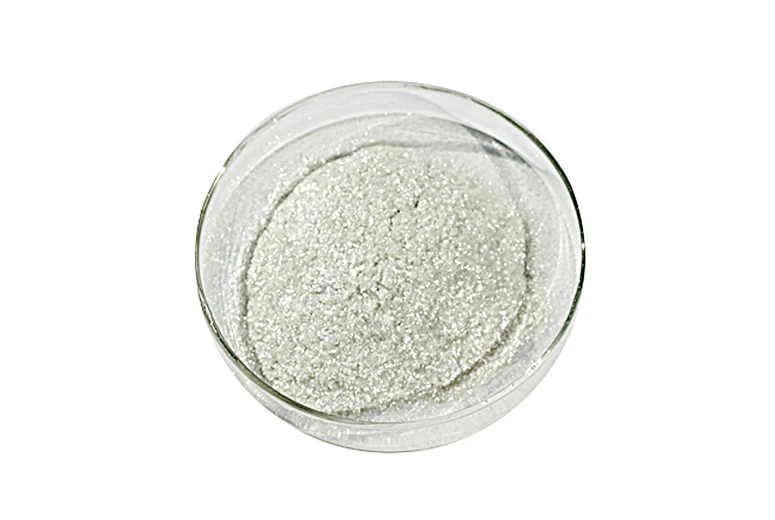
Application Scenarios of 40-D Mica Powder
The unique properties of 40-D Mica Powder make it an indispensable additive across a multitude of industries. Its lamellar structure provides reinforcement, barrier properties, and an appealing aesthetic finish. Here are some primary application areas:
Paints & Coatings: As a functional filler, 40-D Mica Powder significantly enhances the performance of paints and coatings. Its plate-like particles align parallel to the substrate, forming a tortuous path that dramatically reduces water and gas permeability. This leads to superior corrosion resistance, improved UV stability, reduced chalking, and enhanced film integrity. It also provides anti-settling and anti-sagging properties, improving paint rheology. In marine coatings, for instance, it's vital for long-term corrosion protection.
Plastics & Rubber: In polymer compounds, **mica dust** acts as an effective reinforcing filler, improving stiffness, heat deflection temperature (HDT), dimensional stability, and reducing shrinkage and warpage. Its high aspect ratio contributes to improved mechanical properties. For example, in automotive parts, it can reduce weight while maintaining structural integrity. It also enhances dielectric properties in electrical insulation applications.
Cosmetics & Personal Care: High-purity **mica dust** is a cornerstone of the cosmetics industry. It provides a silky texture, improves slip, reduces greasiness, and acts as a bulking agent in makeup. For creating lustrous effects, pearlescent pigments are often synthesized by coating **mica dust** with titanium dioxide or iron oxides. HJMica ensures that its cosmetic-grade **mica dust** (often aligning with specifications for **edible mica powder** in terms of purity) meets stringent safety and regulatory standards, offering a natural and safe ingredient for foundations, eye shadows, and lipsticks.
Mica Powder Epoxy Resin & Arts: The integration of **mica dust** into epoxy resin has revolutionized decorative applications. Artists and craftsmen use **mica powder epoxy resin** to create stunning, shimmering effects in river tables, casting projects, jewelry, and artistic flooring. The reflective nature of mica imparts depth and a unique metallic or pearlescent sheen, transforming ordinary resin into captivating works of art. The 40-D grade provides a good balance between sparkle and dispersion.
Building Materials: In drywall compounds, cement, and stucco, **mica dust** improves workability, reduces cracking, and enhances fire resistance. Its inertness and lamellar structure help reinforce the material matrix and prevent shrinkage.
Electronics & Electrical Insulation: Given its excellent dielectric strength, low thermal conductivity, and high heat resistance, **mica dust** is used as an insulating material in capacitors, cables, and various electrical components. It helps dissipate heat and provides electrical isolation, crucial for the reliability and safety of electronic devices.
Adhesives & Sealants: Improves the rheology, tensile strength, and barrier properties of adhesives and sealants, making them more durable and resistant to environmental factors.
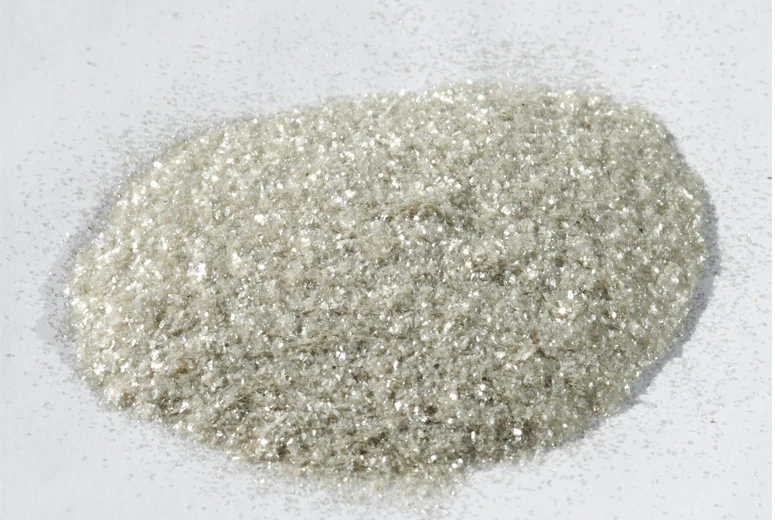
Technical Advantages of 40-D Mica Powder
The strategic incorporation of HJMica's 40-D Mica Powder yields significant technical advantages in various end products:
- Enhanced Barrier Properties: The high aspect ratio (plate-like structure) of 40-D Mica creates a tortuous path for moisture and gases, significantly improving the barrier performance of coatings, plastics, and films. This is critical for anti-corrosion paints and packaging materials.
- Improved Dimensional Stability: In plastics and rubber, **mica dust** reduces shrinkage and warpage, leading to more dimensionally stable products, especially important for precision parts and large moldings.
- Increased Stiffness & Flexural Strength: As a reinforcing filler, it boosts the mechanical strength, stiffness, and flexural modulus of polymers, allowing for the creation of lighter yet stronger components.
- Superior UV Resistance & Weatherability: Mica's inherent stability helps protect polymers and pigments from UV degradation, extending the lifespan and aesthetic appeal of outdoor coatings and plastics.
- Flame Retardancy: Mica's non-combustible nature contributes to the fire resistance of materials, making it valuable in building materials and electronics. It forms a barrier that inhibits flame spread.
- Chemical Inertness: Being chemically inert, 40-D Mica Powder does not react with other components in a formulation, ensuring product stability and long-term performance. It is resistant to acids, bases, and most chemicals.
- Excellent Electrical Insulation: Its high dielectric strength makes it an ideal choice for electrical insulation applications, preventing electrical breakdowns.
- Cost-Effectiveness: While offering superior performance, **mica dust** can also act as a partial replacement for more expensive resins or pigments, leading to overall cost savings without compromising quality.
- Improved Rheology: In paints and sealants, it helps prevent sagging and settling of pigments, ensuring a more uniform and stable product.
Manufacturer Comparison: Why Choose HJMica for Your Mica Dust Needs?
The market for **mica dust** is competitive, with numerous suppliers offering various grades. However, not all mica is created equal. HJMica distinguishes itself through a commitment to quality, consistency, and customer-centric solutions. Here's a comparative overview:
| Feature | HJMica (40-D Mica Powder) | Typical Competitor A | Typical Competitor B |
|---|---|---|---|
| Raw Material Quality | Premium Muscovite, ethically sourced, low impurities. | Varies, often lower purity with more contaminants. | Good quality, but sourcing transparency may vary. |
| Processing Technology | Advanced micronization & precise classification (Dry & Wet grinding capability). Focus on preserving lamellar structure. | Standard dry grinding, less control over particle shape. | Modern facilities, but potentially less specialized in mica. |
| Quality Control | Rigorous ISO 9001 certified QC. In-house lab for particle size, whiteness, chemical analysis, application tests. Batch consistency focus. | Basic QC, relying on external labs or less frequent checks. | Decent QC, but might lack in-depth application testing. |
| Product Consistency | High batch-to-batch consistency for critical parameters (D50, Whiteness, Oil Absorption). | Fluctuations in particle size and properties between batches. | Generally consistent, but minor variations possible. |
| Customization Capability | Strong R&D. Offers custom particle sizes, surface treatments, and grades for specific applications. | Limited customization, mostly standard grades. | Some customization, but may require large MOQs. |
| Certifications & Compliance | ISO 9001, REACH compliant, FDA-compliant (for specific grades like edible mica powder). | Basic industrial certifications, less focus on international compliance (e.g., REACH). | Often local certifications, international ones are add-ons. |
| Technical Support & R&D | Dedicated technical team, R&D for new product development and application support. | Limited technical support, product information is generic. | Decent support, but may not have deep application expertise. |
| Service Life & Reliability | Products engineered for long service life and reliable performance in end-use applications due to superior material and processing. | Variable performance, might lead to shorter product lifespan or inconsistent results. | Generally good, but might not optimize for maximum lifespan. |
| Applicable Industries (Example) | Paints & Coatings, Plastics, Cosmetics, Electronics, **Mica Powder Epoxy Resin**, etc. | Industrial fillers, basic paints. | General purpose fillers, some plastics. |
HJMica's Authority & Trustworthiness in Mica Dust
HJMica has been a reliable supplier of high-quality industrial minerals for over 20+ years. Our commitment to excellence is underpinned by:
Certifications & Standards:
- ISO 9001:2015 Certified: Demonstrates our adherence to a robust Quality Management System across all operations.
- REACH Compliant: Ensuring our products meet the strict chemical regulations for safe import and use in the European Union.
- FDA Compliance (for specific grades): Our commitment to producing safe **edible mica powder** and cosmetic-grade products that meet the highest regulatory standards.
- ASTM & ANSI Standards: Products are tested and conform to relevant international industry standards.
Client-Centric Support & Warranties:
- Expert Technical Support: Our team of material scientists and application engineers provides comprehensive guidance and troubleshooting.
- Custom Solutions: We collaborate with clients to develop tailor-made mica dust solutions for unique project requirements.
- Guaranteed Quality: All products come with a Certificate of Analysis (CoA) and are backed by our quality assurance guarantee.
- Efficient Delivery: Streamlined logistics ensure timely delivery, with typical lead times of 7-14 business days, depending on order size and destination.
Our long-standing relationships with leading manufacturers in diverse industries attest to our reliability and the consistent performance of our **mica dust** products.
Custom Solutions & Partnership with HJMica
Recognizing that every application has unique demands, HJMica offers comprehensive custom solutions for mica dust. This collaborative approach allows us to tailor product specifications precisely to your needs, ensuring optimal performance and cost-efficiency.
Our Customization Capabilities Include:
- Particle Size Engineering: Fine-tuning the D50 and top-cut to achieve specific rheological properties, barrier effects, or aesthetic finishes.
- Surface Treatment Options: Applying various surface coatings (e.g., silane, stearate) to enhance dispersibility, hydrophobicity, or compatibility with different polymer matrices for applications like **mica powder epoxy resin**.
- Purity & Whiteness Levels: Providing ultra-high purity grades for sensitive applications like **edible mica powder** or specialized electronics.
- Specific Aspect Ratio Control: Developing grades with enhanced aspect ratios for maximum reinforcement or barrier effect.
- Tailored Packaging: Offering various packaging sizes and types to meet your operational requirements.
Our R&D team works closely with clients, from initial consultation to pilot testing, ensuring that the customized **mica dust** solution seamlessly integrates into your manufacturing process and delivers the desired results.
Real-World Application Cases & Customer Feedback
HJMica's 40-D Mica Powder has been successfully deployed in numerous demanding applications globally. Here are a few representative examples showcasing its impact:
Case Study 1: High-Performance Marine Coatings
A leading marine paint manufacturer adopted 40-D Mica Powder to enhance the anti-corrosion properties of their epoxy-based topcoats. By incorporating 5% 40-D Mica, they achieved a 30% improvement in salt spray resistance (ASTM B117) compared to previous formulations, extending coating lifespan by over 2 years in harsh environments. Customer feedback highlighted "significantly reduced maintenance costs and superior hull protection."
Case Study 2: Automotive Interior Plastics
An automotive component supplier utilized 40-D Mica Powder in their injection-molded dashboard panels. The addition of mica (at 10% loading) resulted in a 15% increase in flexural modulus and a 20% reduction in warpage, meeting stricter OEM specifications for dimensional stability. "HJMica's mica dust enabled us to produce parts with tighter tolerances and improved aesthetics," a production manager stated.
Case Study 3: Decorative Mica Powder Epoxy Resin Flooring
A custom flooring company specializing in artistic resin floors switched to 40-D Mica Powder for its consistent shimmer and excellent dispersion in **mica powder epoxy resin**. This switch led to a 25% reduction in pigment consumption due to the superior light reflection of HJMica's product, while achieving vibrant, long-lasting metallic effects. "Our clients are consistently amazed by the depth and brilliance," remarked the company owner.
Case Study 4: Organic Cosmetics Formulation
For a new line of natural mineral foundations, a cosmetic brand sourced HJMica's specially processed **organic mica powder** (similar to edible grade purity). The product provided exceptional slip, reduced cakey feel, and ensured full compliance with organic certification standards. User reviews frequently praised the "smooth application and natural finish" attributed to the high-quality **mica dust**.
Professional FAQ on Mica Dust and 40-D Mica Powder
The "aspect ratio" of **mica dust** refers to the ratio of the diameter of a mica flake to its thickness. For high-quality functional mica like 40-D Mica Powder, it's typically >30:1. A high aspect ratio is crucial because it allows the plate-like mica particles to align parallel within a matrix (e.g., paint film, plastic composite). This alignment creates a "tortuous path" that significantly enhances barrier properties against moisture and gases, improves dimensional stability, and contributes to the reinforcement of the material. It also impacts opacity and pearlescent effects.
HJMica ensures precise particle size distribution for 40-D Mica Powder through a multi-stage process involving advanced micronization and sophisticated air classification systems. We utilize laser diffraction particle size analyzers (e.g., according to ISO 13320) for continuous monitoring and batch-to-batch verification. Our quality control protocols are ISO 9001 certified, ensuring that each batch consistently meets the specified D50 (median particle size) and top-cut parameters.
Dry-ground **mica dust** is produced by crushing and grinding mica ore in a dry state using high-speed mills. This method is more economical and results in irregular particle shapes with jagged edges. Wet-ground **mica dust**, on the other hand, is processed in a water slurry, typically in specialized mills that delaminate the mica flakes more gently. This results in finer particles with smoother surfaces, higher aspect ratios, and better pearlescence, making it preferred for high-end paints, cosmetics (**edible mica powder**), and certain plastics where superior aesthetics or barrier properties are required. HJMica utilizes both methods depending on the target product specifications.
While 40-D Mica Powder is an industrial grade, HJMica produces specific grades of **mica dust** that are meticulously processed to meet the stringent purity and safety requirements for food-grade (**edible mica powder**) and cosmetic applications. These specialized grades undergo additional washing, purification, and heavy metal testing to comply with regulations like FDA and relevant cosmetic directives. It is essential to specify the intended application to ensure the correct, compliant mica grade is supplied.
**Mica dust** contributes to flame retardancy through several mechanisms. Its high thermal stability means it doesn't decompose or release combustible gases at high temperatures. When exposed to heat, the mica flakes form a physical barrier, slowing down the transfer of heat and oxygen to the underlying material. This "char barrier" effect starves the flame and reduces smoke generation. Its lamellar structure also helps to reinforce the polymer matrix, preventing dripping of molten material, which can spread fire.
To maintain the quality and performance of 40-D Mica Powder, it should be stored in a cool, dry place, away from direct sunlight and moisture. The original, sealed packaging is designed to protect against humidity. While **mica dust** is chemically inert and has a very long shelf life, exposure to excessive moisture can lead to agglomeration, making it harder to disperse properly in formulations. Always ensure bags are resealed after use.
Yes, HJMica is committed to ethical and responsible sourcing. We adhere to strict supplier vetting processes to ensure that our raw mica materials are obtained from mines that follow fair labor practices and environmental stewardship. This commitment is particularly important for products like **organic mica powder** and cosmetic-grade mica, where supply chain transparency is paramount. We strive to maintain traceability throughout our supply chain.
HJMica's 40-D Mica Powder is not just an additive; it's a performance enhancer, a cost-reducer, and a key ingredient for innovation across numerous industries. By understanding its unique properties, meticulous manufacturing process, and diverse applications, manufacturers can unlock new levels of product quality and efficiency. Partner with HJMica to leverage our expertise and ensure your products benefit from the finest **mica dust** available.
References and Further Reading:
- Grand View Research. (2023). Mica Market Size, Share & Trends Analysis Report. https://www.grandviewresearch.com/industry-analysis/mica-market
- Industrial Minerals Association - North America. (n.d.). Mica. https://www.ima-na.org/page/mica
- Mani, S., & Manoharan, S. (2018). Role of Mica in Surface Coatings. Paintindia, 68(11), 60-65. https://www.researchgate.net/publication/329598007_Role_of_Mica_in_Surface_Coatings
- ASTM International. (n.d.). Standards for Mica. https://www.astm.org/products-services/standards-and-publications/standards/mica.html
-
Packaging and Storage Tips for Synthetic FluorphlogopiteNewsJul.31,2025
-
Market Trends of Fluorophlogopite-based ProductsNewsJul.31,2025
-
Key Features of Reliable Mica ManufacturersNewsJul.31,2025
-
How to Select the Best Mica Powder for Skin ProductsNewsJul.31,2025
-
Common Mica Types in Mica Wholesale MarketsNewsJul.31,2025
-
Applications of Synthetic Mica Pigments in CosmeticsNewsJul.31,2025
